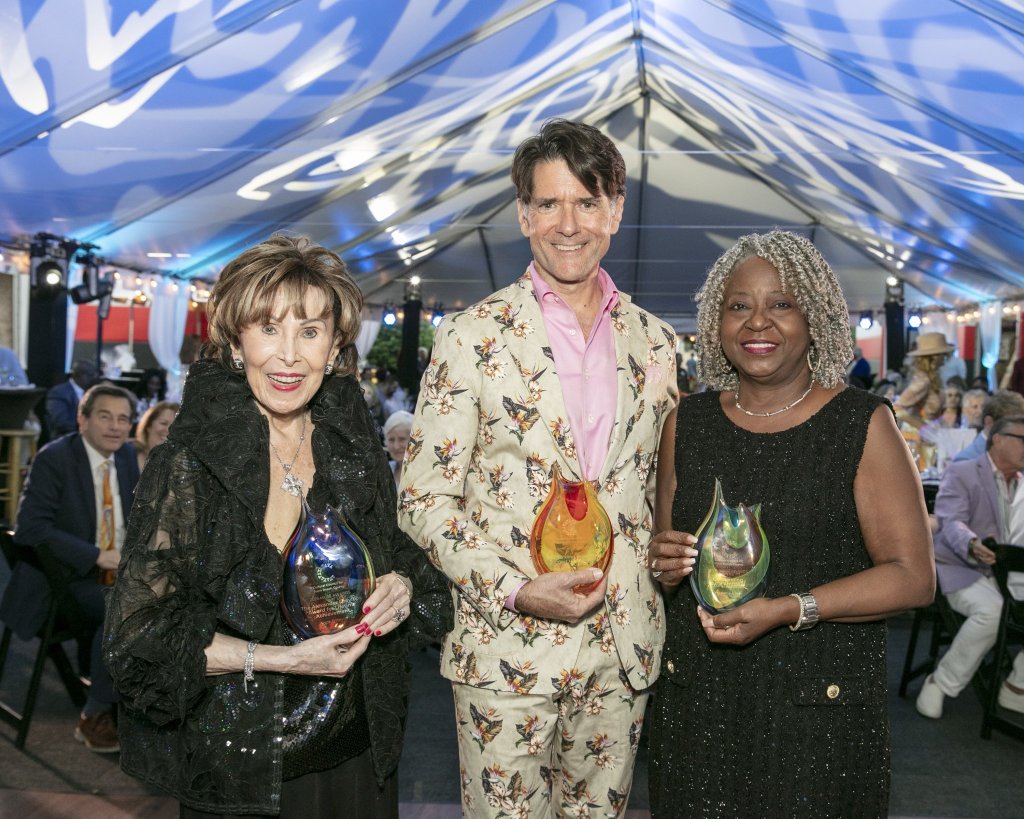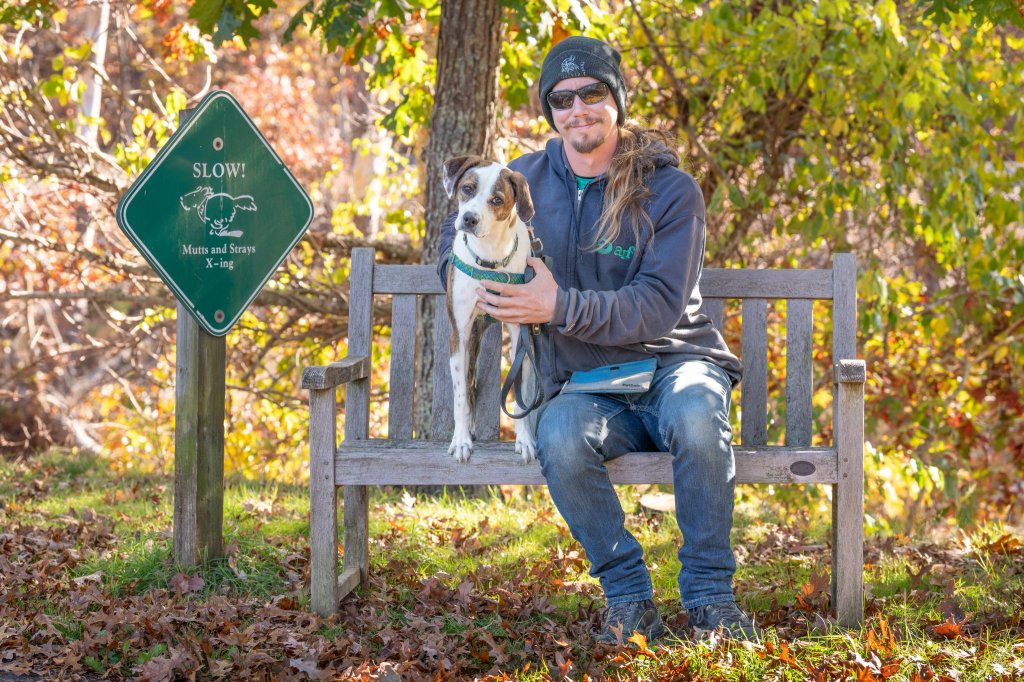The Kid Who Was ‘Different’

At age 10, bullies drove him to suicide.
Some kids leave a mark on this world when they leave it.
Such a child was Jamari Terrell Williams, a “different” kid from Montgomery, AL, but he could have gone to any school in the country from here on the East End of Long Island to East L.A. Bullying is a national plague and it affects the struggling students, and the best and the brightest, like Jamari with a 3.8 GPA in elementary school. He was a kid who could dance like a Broadway hoofer, calculate any equation in math, marveled at the infinity of science, and loved reading Goosebumps and listening to old school Motown like The Temptations and watching his favorite TV shows “Law & Order: SVU,” “Chicago Fire,” “Chicago Med,” and “Chicago PD.”
“On Jamari’s last day on this Earth, I wish I had seen the signs to save him,” said Monique Davis, his mother, who has started a national anti-bullying campaign and launched the Jamari Williams Foundation in Jamari’s memory. “I was the room monitor at his school that day and I remember kids throwing eating utensils at Jamari. I didn’t single out any specific kid, but I walked to his table and told them all to never throw eating utensils at any child.”
Monique told me she also saw kids trip Jamari, make snide comments about his sexuality and receding hairline and dark skin, and ostracize him. “That day Jamari asked me to take him home early from school,” Monique remembered. “I had other pressing appointments that day so I told him that I just couldn’t. He said ‘Okay,’ and went back to class.”
That night, when she picked him up from school, Monique had a dinner all prepared. “But Jamari asked if I could make him his favorite meal,” she said. “Baked beans and ground beef. I thought that was odd, because I had a different meal ready, but I said I’d go out and get the dinner he wanted. He also asked me to get three green apples. I said I’d get a whole bag of apples. He said, ‘No, please just get three.’ I said, ‘Okay.’”
When she came home, Jamari ate one green apple and came out of his bedroom asking his mom if she thought he was handsome. She said, yes, he was handsome. He ate another apple and came out of his room and asked if she thought his head was too large and his hairline too high.
“I told Jamari his head was larger than other kids because he was so smart and it was filled with knowledge,” Monique said. “I told him he had just as big a heart. He had a roomful of dancing trophies but he never, ever bragged about them. On Christmas, he would not open his gifts until he went to church first to give thanks, and then to the homeless shelter to bring gifts and serve food to poor families. Then, later, he would open his gifts.”
Monique said she once picked up Jamari and a young girl from school together. “The girl was hysterically crying because she did not make the jump rope team,” Monique recalled. “Jamari told me to pull over and when we parked, he calmed down his friend, promising her that he would use his dance skills to train with her until she was good enough to make the team the next year. That helped her stop crying. And Jamari kept that promise. He trained with her almost every day. I told Jamari that all those things made him different. Especially from the bullies that picked on him.”
On that last night, Jamari ate the third green apple and asked her if his skin was too dark.
“I told him absolutely not,” said Monique. “My other two children were over 11 years older than Jamari and have a different biological daddy than Jamari. He was my miracle child the doctors said I would never have. So, I told him the darkness of his skin, which was made fun of by white kids and other African American schoolmates in his gifted children class, was something he should be proud of. Every child is unique. We’re all different. We should celebrate being different.”
After his third apple, Jamari ate all of his favorite dinner of ground beef and baked beans and went to his room.
“I didn’t hear from him for a little while so I went to check on him,” Monique said.
That’s when Monique Davis discovered that her beautiful and “different” son Jamari had ended his own life at the age of 10.
“On his X-box I saw all these horrible messages from other kids making fun of him, saying he was gay because he was a dancer, ridiculing the shape of his head, and mocking the shade of his skin.”
After recovering from the initial sadness, Monique Davis started the Jamari Terrell Williams Foundation and has persuaded Governor Kay Adams of Alabama to change the anti-harassment law on the books to an anti-bullying law. Monique travels the country lecturing school children on the dangers of bullying, telling kids to take pride in being “different” and urging students not to tolerate bullying in their circles.
“I miss my Jamari every single day,” she says. “I never learned the reason he wanted just three green apples. I wish he had left a note. He didn’t. But he left me with a mission in life that keeps him alive for me.”
She says that when she stares at the empty chair at the Thanksgiving table this year, she will give thanks that Jamari’s suicide wasn’t in vain, that his story might save some other kid from leaving an empty chair at another family’s holiday table.
If one kid isn’t picked on because one bully is put in his place, then Jamari is still alive.
“Remember that little girl who could not stop crying?” Monique said. “Well, because Jamari practiced so hard with her, not long after my son’s death she made the jump rope team. The kid who was different had made a difference. Different is special. That’s the message I want to spread at Thanksgiving.”
denishamill@gmail.com



